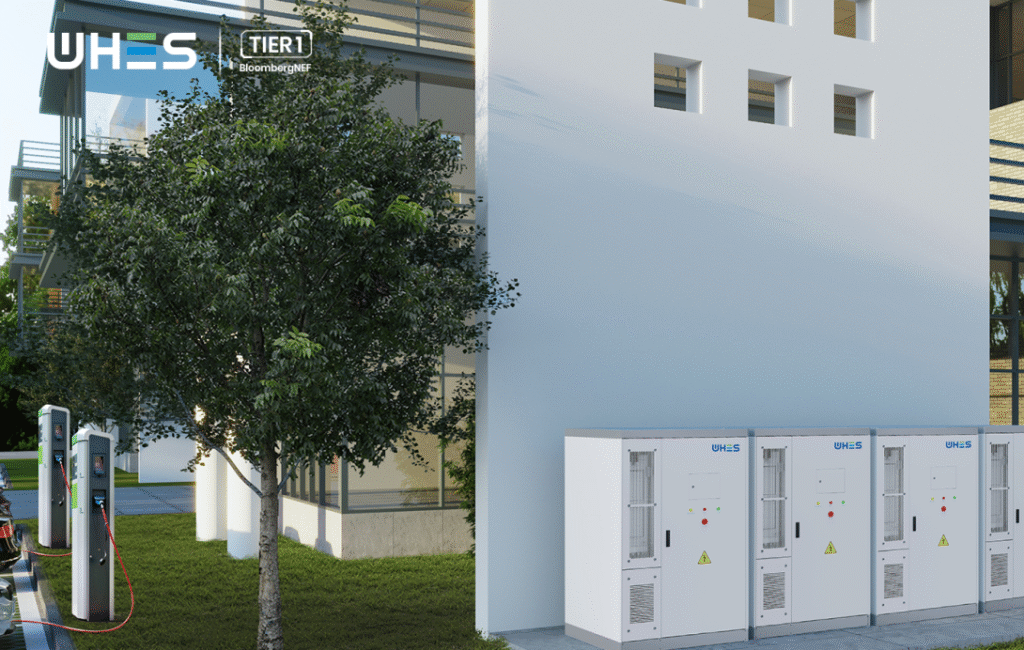BUNBURY, Monday 2 September 2024 — In response to this morning’s announcement from Federal Energy Minister Chris Bowen greenlighting the South West Offshore Wind Zone in Western Australia, a coalition of unions, environmental groups and industry bodies have released a joint statement welcoming the move.
The Smart Energy Council, the Australian Manufacturing Workers’ Union, Electrical Trades Union, Maritime Union Australia (WA Branch), Conservation Council of Western Australia and Greenpeace Australia Pacific have come together to support the declaration of a South West Offshore Wind Zone – within careful parameters.
Large-scale renewable energy projects will set up the South West for success as WA moves away from coal-fired power generation. These projects will provide long term employment opportunities for South West communities that lock in economic security, a demand case for boosting local manufacturing, and a clear reason to invest in skills development. Offshore wind can position WA as a globally significant green industrial player if we get the settings right.
This economic success can’t come at the cost of fragile ecosystems and vulnerable species. We want to see offshore wind projects proceed where they are developed responsibly, avoiding ecologically sensitive areas and minimising impacts to key habitats and species, and we call for thorough independent environmental assessment and community engagement.
We all saw the impacts of a record breaking hot and dry summer across the South West, record-breaking winter heat in the north of the state, and know we have to make the move to renewable energy to stop fuelling further climate change. Most Western Australians are supportive of a sensible build out of renewable energy and offshore wind can play an important role to power the grid and local industry.
Building a new industry in a way that minimises environmental impacts, incorporates broad community benefits – particularly for First Nations groups – and aligns with the needs of the local area is how to achieve social licence. Having strong social, environmental, and labour standards locked into any project will be critical to its success.
Wilf Johnston, General Manager WA Smart Energy Council, said: “Western Australia has to transition off coal and gas as quickly as possible. Offshore wind is going to be a big part of Western Australia’s transition plan, but we have to get it right.
“In Western Australia we can figure this out and lead the world in how you actually deliver offshore wind in the best possible way for the community and the planet.”
Peter Carter, Branch Secretary ETU WA, said: “The ETU WA branch supports offshore wind being a crucial part of the diverse mix of renewable energy and storage projects that WA needs to meet the electricity demands of the future, as well as providing thousands of secure jobs.
“The government must ensure that any project approval process mandates secure high- quality jobs, increased local manufacturing and future supply chain development, and to make sure they allow for recreational fishing activities around the turbines and related infrastructure.”
Steve McCartney, State Secretary AMWU WA , said: “AMWU members in the South West have spent 20 years campaigning for good local manufacturing jobs that allow them to live at home, earn a decent living, and see their families every night.
“Mandating that a local wind supply chain industry in the South West be used to service large scale renewable energy projects gives them that opportunity. Coupled with green metals production in Collie, the future economy of the South West is in well-paid, secure green manufacturing jobs.
Geoff Bice, WA Lead Campaigner Greenpeace Australia Pacific, said: “Western Australia is one of the sunniest, windiest places in the world, and with our skilled workforce and industrial base we are perfectly placed to harness the opportunities of the renewable energy transition.
“As our trading partners globally increase demand for low emissions products, now is the time for investment in WA’s clean energy future. When done right, offshore wind can play an important role in our efforts to address the climate crisis, which is the single greatest threat to our marine environment.
“All energy projects require regulatory scrutiny and need to be conducted in the most environmentally responsible way possible, while also ensuring a just and fair transition for workers, meaningful consultation with First Nations groups, and extensive community consultation, to ensure the best possible outcome for both people and planet.”
Jess Beckerling, Executive Director CCWA, said: “CCWA supports the development of offshore wind projects as a part of the critical need for Australia to transition to renewable energy. To get this right, we must ensure that offshore wind developments are appropriately planned and positioned to avoid impacts on ecologically sensitive areas and species, and that there is proper consultation with communities.
Last summer 75% of the Great Barrier Reef was bleached during a record marine heatwave, this is a wakeup call – we must rapidly replace climate and nature-wrecking fossil fuels with renewable energy projects that protect nature now and in the future.
Will Tracey, WA Branch Secretary Maritime Union of Australia, said: “Offshore Wind projects will create about 5000 direct Jobs during the construction period, and 200 jobs during operation per gigawatt of offshore wind.
“This is an incredible opportunity for Western Australian workers and our entire community to build the renewable energy infrastructure we need to create thousands of good union jobs and address the climate crises.
“Much of WA’s coal is retiring in the South West, and with strong and consistent offshore winds when the solar power isn’t available projects off Bunbury could power much of the region’s current essential industries.”



